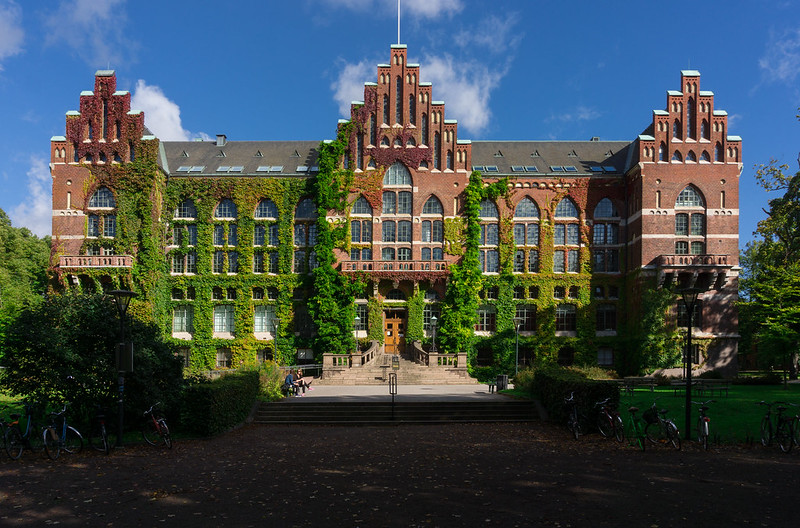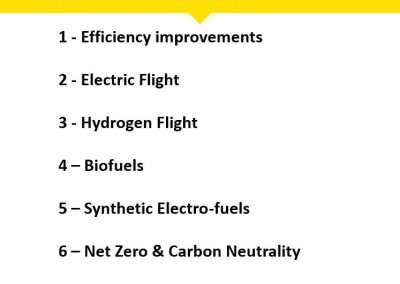University Lund LUCSUS
In January 2019, the Centre for Sustainable Studies at Lund University (LUCSUS) started a 1-year commitment period in which they pledge to make serious and significant efforts to reduce work-related emissions. After the first commitment period, LUCSUS will re-evaluate the travel policy with the goal to increase the ambition and set more concrete reduction targets in the future.
Their efforts are partly inspired by Tyndall Centre’s travel policy.

Photo Credit / Attribution-NonCommercial-NoDerivs 2.0 Generic (CC BY-NC-ND 2.0)
Concrete measures to reduce air travel
LUCSUS will
- track and collect its carbon emissions via the university’s travel agency and through an individual carbon tracker and make them available collectively, in anonymous format, and also create a personal report directly to each individual at the end of each year. This data will be used as an awareness-raising tool, to evaluate progress, and to gradually increase the ambitions.
- pursue a long-term strategy to reduce emissions from academic travel, and facilitate staff needs in choosing low-carbon travel.
- investigate opportunities for an internal fund, from which to finance potentially increased costs of international low-carbon travel, or other ways to facilitate (and push for) a reduction in academic travel emissions.
- actively give voice to the academic flying issue in fora within and outside the university
- help to address institutional barriers to change, and to advocate for, and develop structural solutions.
LUCSUS staff agrees to:
- follow a decision tree before making a travel decision.
- monitor individual, work-related emissions, and set progressively ambitious objectives to reduce them.
- prioritize, wherever possible, travel-free meetings and telephone/video conferences over physical travel, and collective ground (train, boat or bus) travel over air travel.
- prioritize ground travel for all trips within Sweden.
- prioritize ground travel for all international destinations within 12 hours from Lund, and seriously consider this for all trips within Europe.
- justify (for oneself) any travel made, taking into account: the location and purpose of the event, benefit to LUCSUS of participating, benefit to individual career, own level of seniority and responsibility, and the alternative options available.
- prioritize low-carbon opportunities for any activities and events that are organized (low carbon travelling of participants, choice of locations, encouraging train travel, using online conferencing tools)
- encourage and stimulate a low-carbon working culture at LUCSUS and within the wider academic community,
- working with colleagues, institutional actors and funders to value alternative metrics of success and encourage the promotion of low-carbon research as a viable alternative to a high-carbon research career.
Contact
Kimberley Nicholas, [email protected]
Links and Resources:










